Introduction
The development of artificial intelligence (AI) has significantly transformed the mobile experience. From customized suggestions to more intelligent voice assistants, AI is now the brains behind contemporary smartphones. However, the question still lingers — out of Android AI and Apple AI, which mobile ecosystem offers the best AI for smartphones in 2025?
Mobile AI: Features, Performance, Privacy, User Experience, and the Future of Mobile Intelligence
An in-depth Android AI vs Apple AI features comparison, focusing on such aspects as features, performance, privacy, user experience, and the future of mobile intelligence.
What Is Mobile AI and Why It Matters
Mobile AI refers to artificial intelligence systems built into smartphones to improve usability, personalization, security, and productivity. Examples include:
- Voice assistants (Siri, Google Assistant)
- Predictive text and smart replies
- On-device translation
- Facial recognition
- Context-aware notifications
- Health and activity tracking
In 2025, AI isn’t an add-on — it’s a fundamental aspect of how we engage with our mobiles.
Android AI: Google and Open Ecosystems Make the Difference
A. Google Assistant: Remain the Intelligent One in the Room
Google Assistant is widely regarded as being among the leading voice AIs. It provides:
- Contextual understanding (follow-up queries, routines)
- Deep Google service integration (Gmail, Maps, Calendar)
- Multilingual support
- Smarter answers with Gemini AI integration
With Gemini (Google’s new multimodal AI) integrated into Android, users get real-time on-device summaries, better call screening, and proactive recommendations without cloud data upload.
Android’s Edge: Openness and Customization
Android’s greatest strength is its flexibility. AI capabilities differ by brand (Samsung, Pixel, OnePlus) to enable OEM innovation:
- Samsung Galaxy AI features live call translation and AI-driven photo editing.
- Google Pixel AI offers features like Magic Eraser, Call Screening, and Smart Compose — all AI-driven.
On-Device AI Processing
Thanks to advancements in chips like Qualcomm’s Snapdragon 8 Gen 3 and Tensor G3, Android phones are handling more tasks directly on the device. This improves speed, privacy, and battery life.
Apple AI: Privacy-Focused and Seamlessly Integrated
Siri’s Transformation in 2025
Siri, which has been criticized for being slow in the past, has had a huge AI makeover. It is now driven by Apple Intelligence (on generative models) and can do:
- Natural flow of conversation
- In-app functionality such as sending documents or cropping photos through voice
- Broader contextual memory
- On-screen awareness to provide more anticipatory assistance
Apple Intelligence: AI with a Privacy-First Perspective
Apple has introduced Apple Intelligence at WWDC 2024 — a native AI system designed into iOS 18, iPadOS 18, and macOS Sequoia. Top points:
- On-device processing for security-sensitive operations
- Integration with Apple applications such as Mail, Messages, and Photos
- Document, email, and notification summarization tools
- AI-generated images (Image Playground) and writing assistance
Apple’s Unique Strength: Cohesion
Apple’s controlled environment makes AI adoption seamless across iPhone, iPad, and Mac. This consistency offers:
- Improved performance
- Improved stability
- Smoother updates
- Consistent AI experience
Head-to-Head: Android AI vs Apple AI
Let’s compare Android AI and Apple AI along crucial features that are important to mobile consumers in 2025:
Voice Assistant
- Android AI: Driven by Google Assistant, now fueled with Gemini, it is still the smartest and most powerful voice assistant. It can handle lengthy queries, track contextual conversations, and integrate deeply into Google services.
- Apple AI: Siri has improved under the umbrella of Apple Intelligence with the added feature of generative AI capabilities. It can sustain natural conversations, better comprehend context, and execute tasks within apps more effectively than ever.
On-Device AI
- Android AI: Executes on sophisticated hardware such as Snapdragon and Google Tensor chips. Most AI activities, including transcription, translation, and image editing, are executed on the device directly.
- Apple AI: Takes advantage of Apple Silicon’s might, such as the A17 Pro and M-series processors, to provide lightning-fast on-device AI with optimal iOS tightness.
AI Integration
- Android AI: By manufacturer. Samsung and Google Pixel provide differentiated AI experiences (e.g., Galaxy AI, Magic Eraser), but there is less unification across the platforms.
- Apple AI: Provides a consistent and integrated solution across all Apple devices — iPhone, iPad, and Mac — with a seamless user experience regardless of device.
Privacy
- Android AI: Google has improved in privacy, particularly with on-device Gemini models, but privacy policies and handling of data are sometimes different by OEM (Samsung, Xiaomi, etc.).
- Apple AI: Remains committed to its privacy-first approach with on-device processing as the default. Apple Intelligence resorts to Private Cloud Compute when unavoidable — with minimal data exposure.
Customization
- Android AI: Provides extreme flexibility and openness, enabling users to customize experiences via third-party apps, launchers, and settings. AI capabilities can be configured based on the device and manufacturer.
- Apple AI: Values controlled consistency. Though less flexible, the consistent AI experience across devices guarantees stability and simplicity.
Speed of Innovation
- Android AI: Rides on quick updates and innovation, both from Google and third-party OEMs. Features get implemented quicker, sometimes with a first-mover advantage for Android.
- Apple AI: Paces slower but in a more polished manner. Apple usually holds off until features are polished and extensively ingrained before releasing — fewer bugs and an improved out-of-the-box experience.
App Intelligence
- Android AI: Leads in integrating with Google Workspace apps (Gmail, Docs, Maps, etc.), allowing intelligent suggestions, summaries, and productivity features.
- Apple AI: Concentrates on building native apps such as Mail, Messages, and Photos to include AI capabilities like writing recommendations, intelligent replies, and content creation inherently within the Apple environment.
Performance Benchmarks and User Feedback
Third-party benchmarks in 2025 show:
- Google Pixel 9 Pro (with Gemini AI) leads with real-time transcription, camera effects, and search intelligence.
- iPhone 16 Pro Max leads with on-device summarization, privacy-enhancing features, and seamless Siri interactions.
Based on a 2025 user poll:
- 48% favor Android AI for its flexibility and Google Assistant.
- 45% prefer Apple AI for privacy and system integration.
- 7% are undecided, awaiting greater maturity.
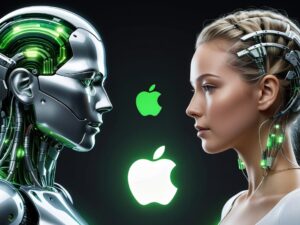
The Best AI for Mobile Phones in 2025: Verdict
The best AI for mobile phones is based on what you value most:
- Select Android AI if you desire flexibility, the latest innovation, and more Google integration.
- Opt for Apple AI if you value privacy, fluid ecosystem integration, and a polished user interface.
Both platforms are changing fast — and 2025 confirms that AI will be the real battleground of mobile technology, not hardware requirements alone.
What’s Next for Mobile AI?
Android AI vs Apple AI future looks bright. Here is what we anticipate:
Android AI Evolution
- Gemini AI to extend to additional third-party apps
- Improved cross-device experiences (Chromebooks, Wear OS)
- Intelligent image, video, and document editing on-device
Apple AI Roadmap
- Extending Apple Intelligence to all Apple devices
- Siri is evolving to be more proactive and able.
- Secure AI APIs for developers
AI is no longer a niche capability — it’s becoming the center of the mobile experience. And both platforms are spending heavily to win the race.
Conclusion
In the Android AI vs Apple AI showdown, there is no single solution. Both platforms have come of age, and in 2025, mobile phone AI is a matter of personal choice:
- Do you enjoy flexibility, quicker innovations, and Google services? Choose Android AI.
- Do you prefer privacy, coherence, and high Apple ecosystem integration? Opt for Apple AI.
Either way, we’re living in the golden era of intelligent smartphones — and it’s only going to get smarter from here.
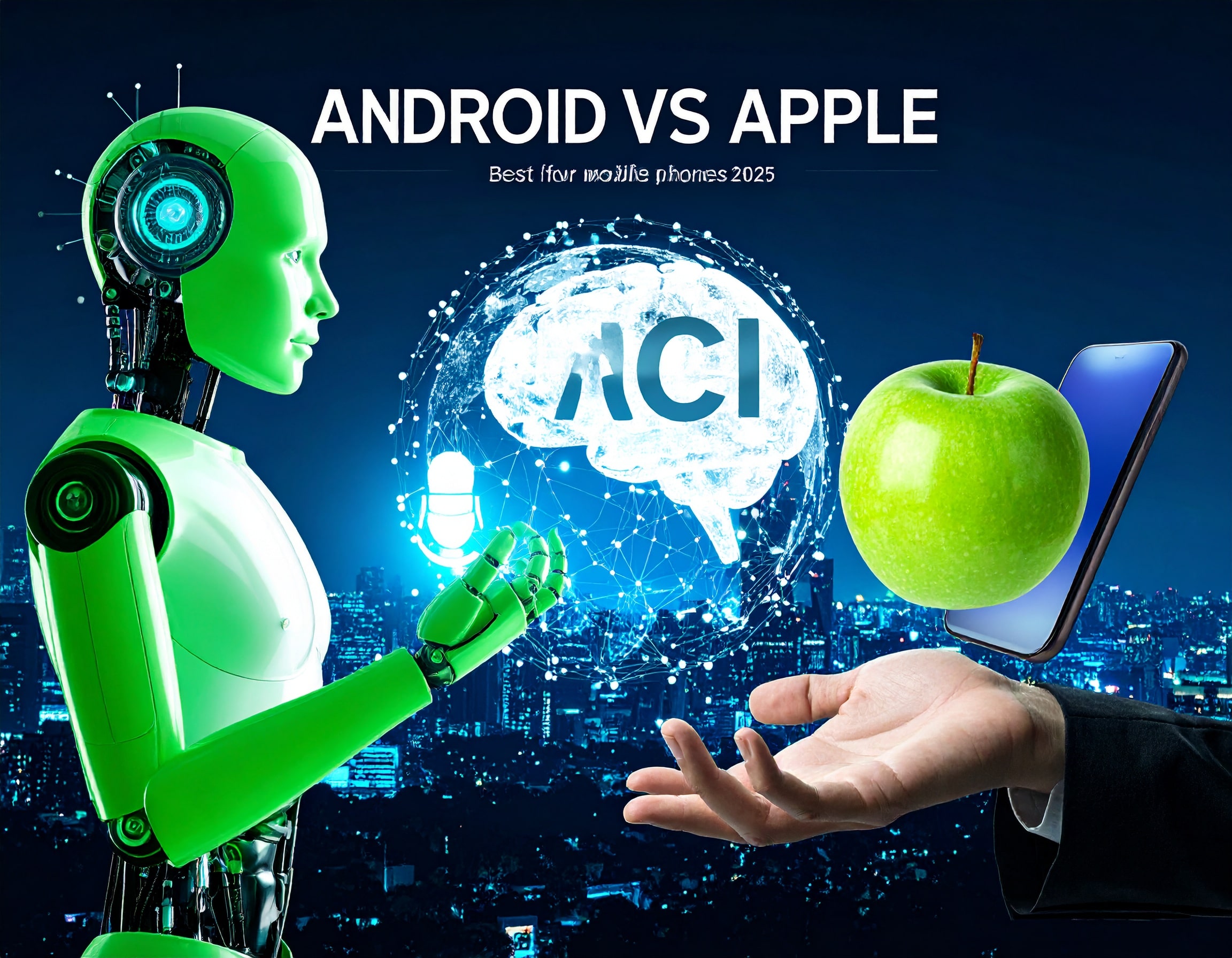

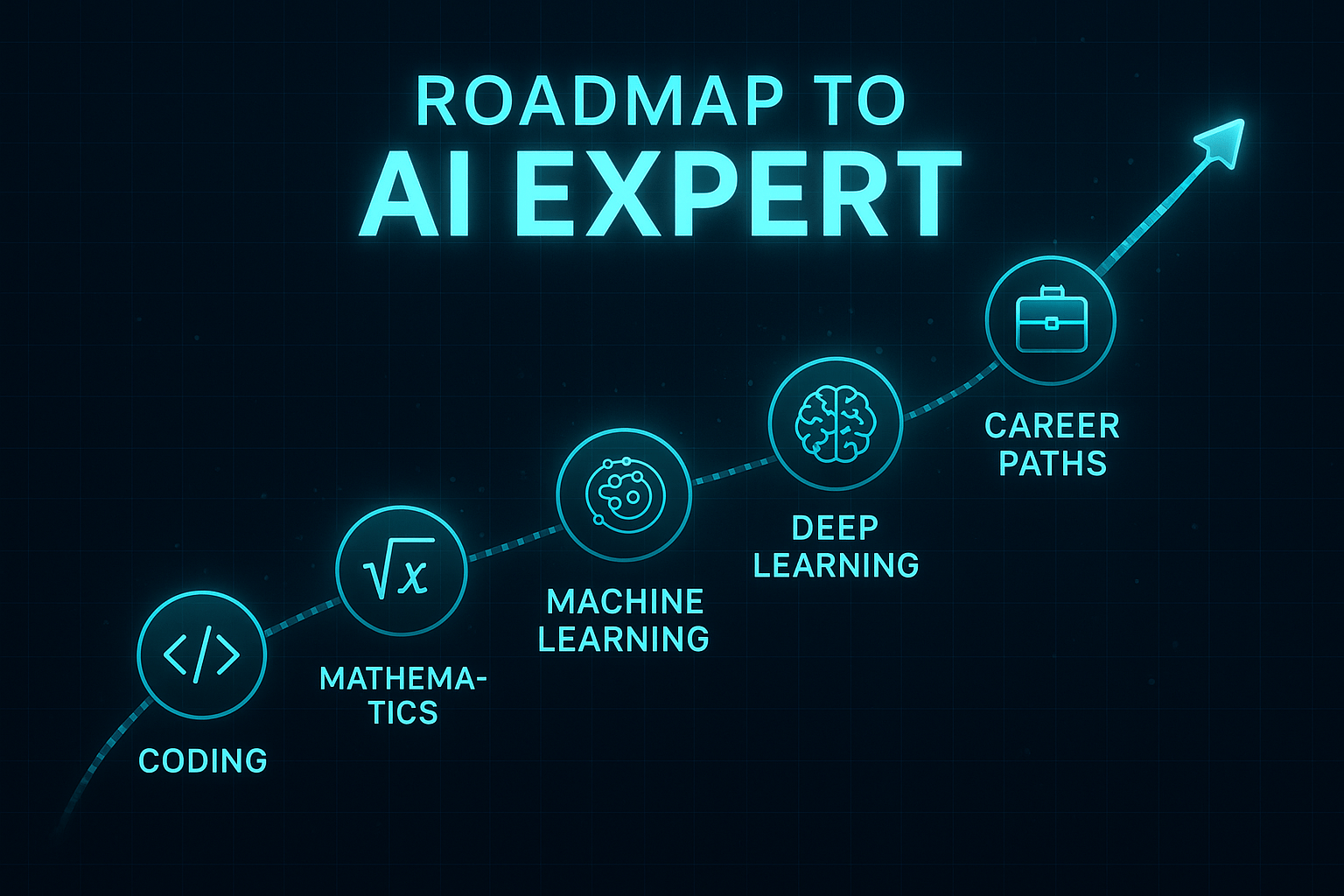

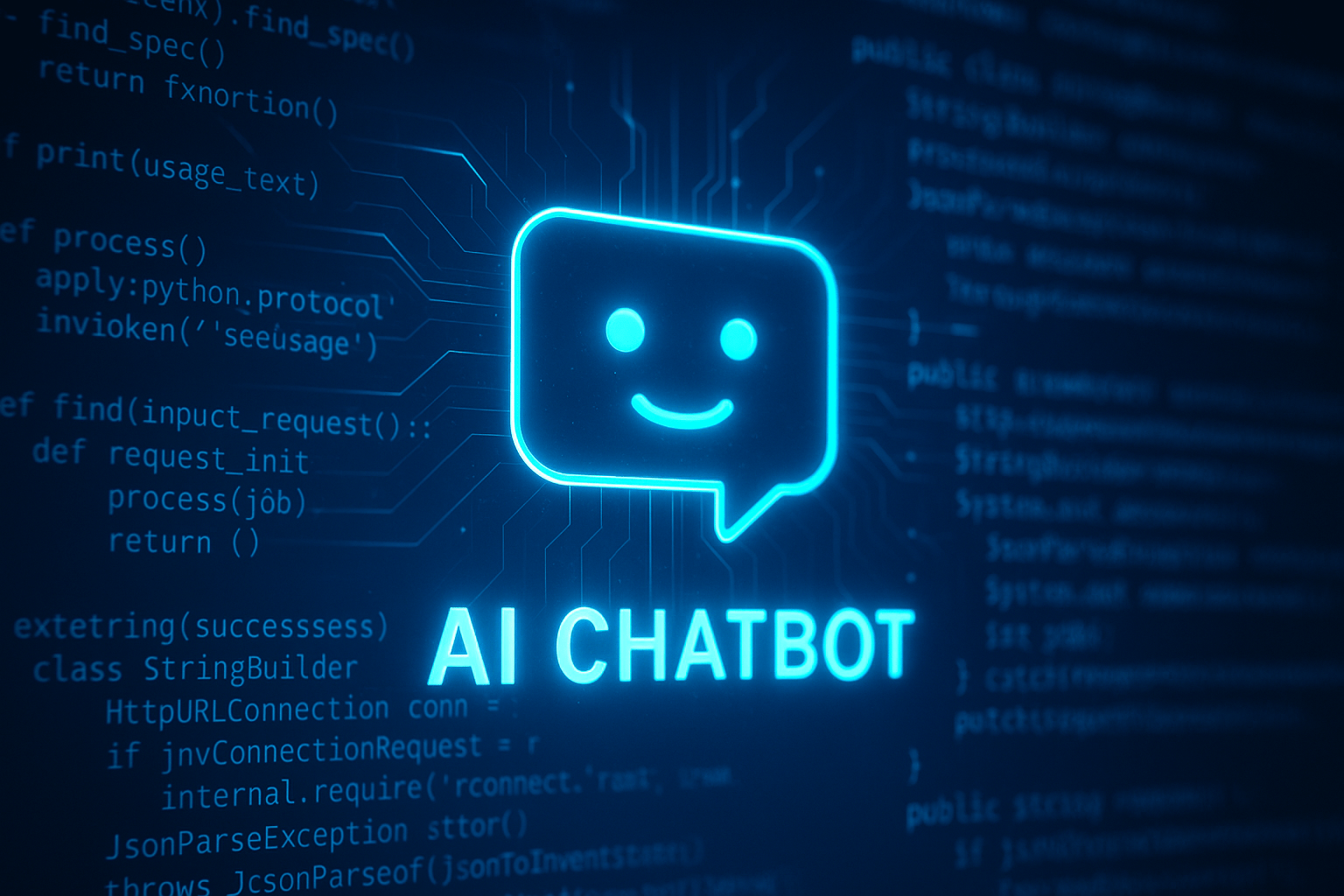




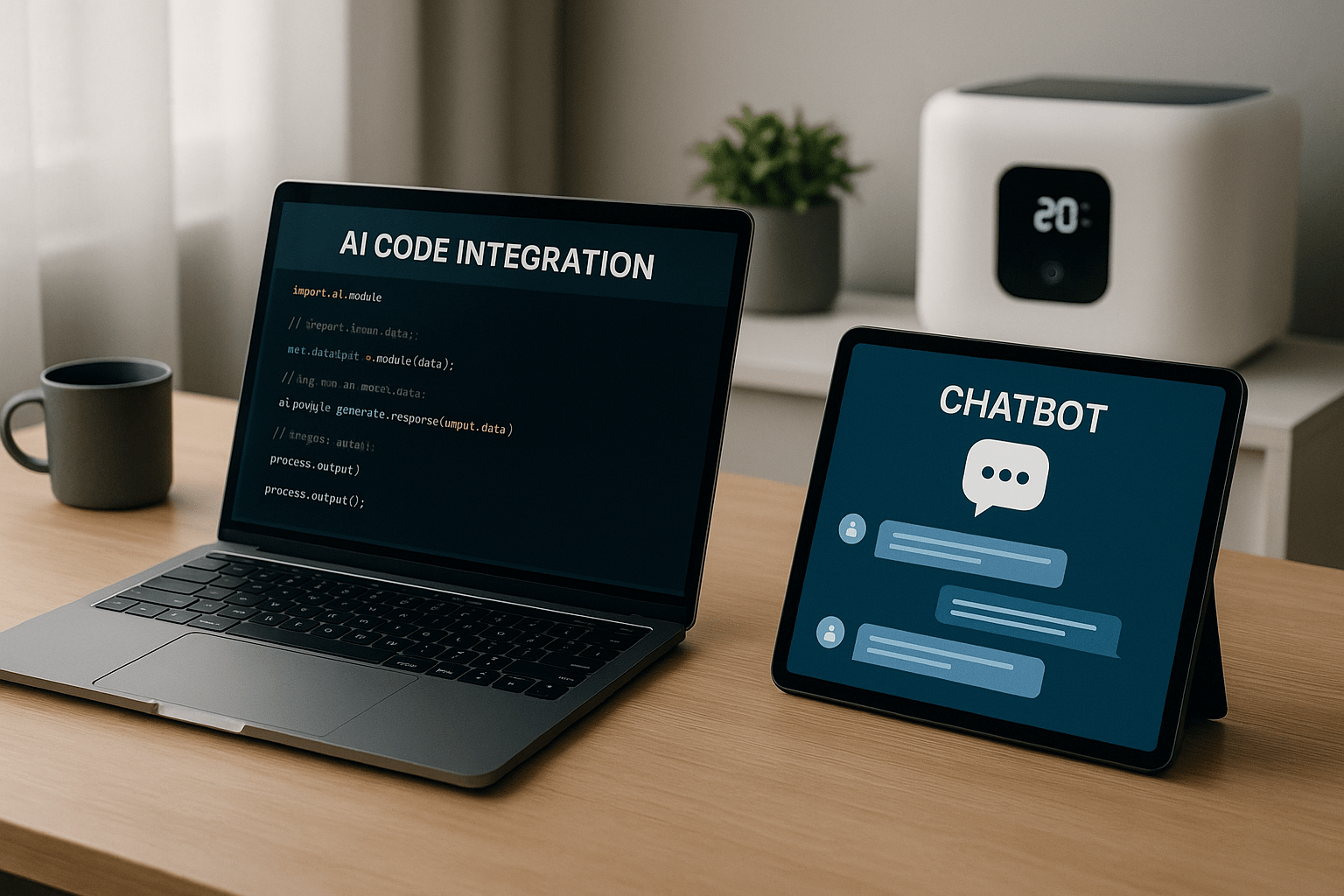

Leave a Reply